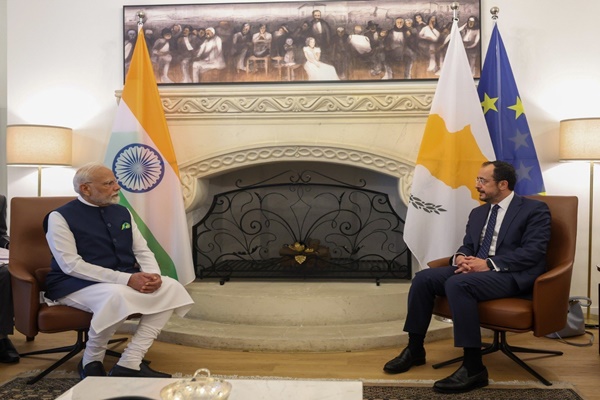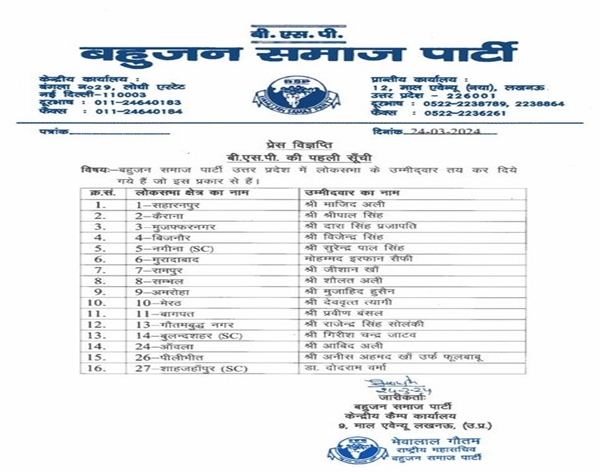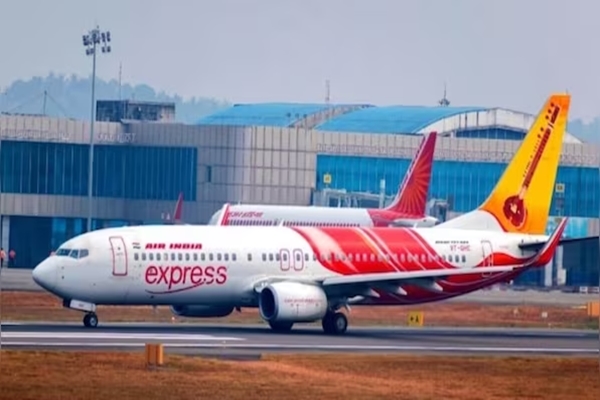India and Cyprus have unequivocally condemned terrorism and violent extremism in all its forms and manifestations and reaffirmed their shared commitment to countering hybrid threats that undermine peace and stability. The two countries also urged all States to respect the sovereignty of other nations and called for the disruption of terrorism financing networks, the elimination of safe havens, dismantling of terrorist infrastructure, and bringing perpetrators of terrorism to justice swiftly. In a joint declaration, issued after a delegation-level talks between Prime Minister Narendra Modi and Cyprus President Nikos Christodoulides in Nicosia today, the two nations emphasised the need for a comprehensive, coordinated, and sustained approach to combat terrorism across borders. Cyprus expressed solidarity and unwavering support to India in its fight against cross-border terrorism. The two leaders strongly condemned the gruesome killing of civilians in the recent Pahalgam terror attacks and emphasised that those responsible for the attacks should be held accountable. Both leaders reaffirmed their commitment to strengthening multilateral efforts to combat terrorism and called for the expeditious finalisation and adoption of the Comprehensive Convention on International Terrorism within the UN framework. They also urged for concerted actions against all UN and EU-designated terrorists and terrorist entities, associated proxy groups, facilitators, and sponsors. The declaration says that the two leaders agreed to deepen defence and security cooperation, including through collaboration between their respective defence industries, with a special focus on cybersecurity and emerging technologies. Both leaders also discussed expanding cooperation to include the maritime domain.
In view of ongoing global crises, both sides expressed their commitment to strengthening cooperation in emergency preparedness and coordinated crisis response. The two leaders underscored their shared commitment to peace, democracy, the rule of law, effective multilateralism, and sustainable development and reaffirmed their support for a rules-based international order. India and Cyprus also held detailed discussions on international issues, including the situation in the Middle East and the war in Ukraine. The two leaders also discussed the importance of upholding the global non-proliferation architecture, recognising the value of India joining the Nuclear Suppliers Group. Both leaders also underscored the significance of the India-Middle East-Europe Economic Corridor (IMEC) as a transformative, multi-nodal initiative that fosters peace, economic integration, and sustainable development. Terming IMEC as a catalyst for constructive regional cooperation, they reiterated their shared commitment to promoting stability in the Eastern Mediterranean and the wider Middle East and underlined the importance of fostering deeper engagement and corridors of interconnection from the Indian peninsula through the wider Middle East to Europe.
Recognising the growing strategic complementarity between Cyprus and India, the leaders expressed their commitment to expanding economic ties through increased trade, investment, and collaboration in science, innovation, and research.















